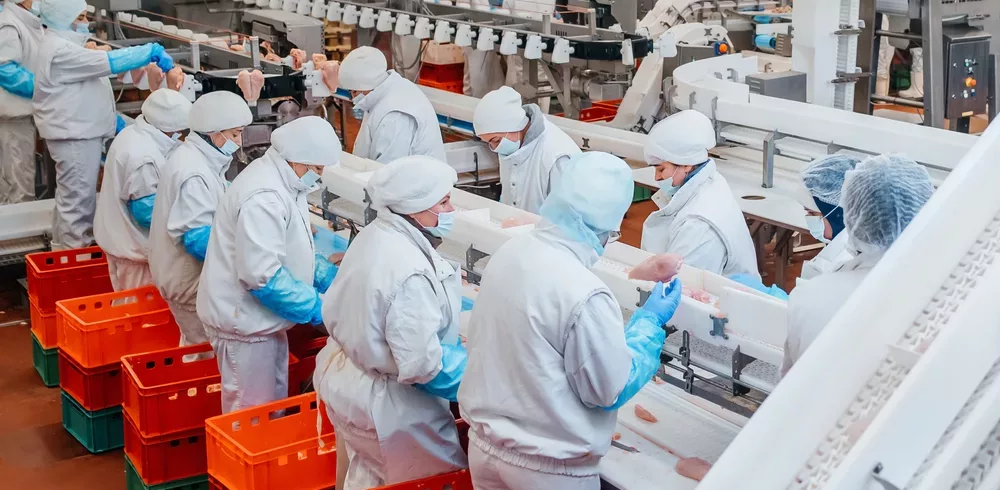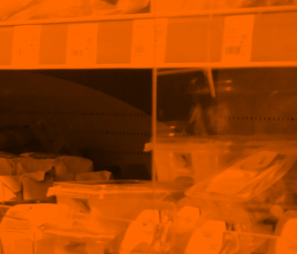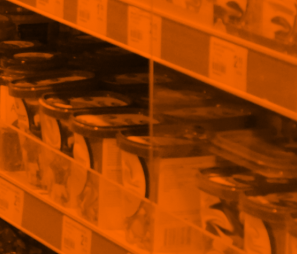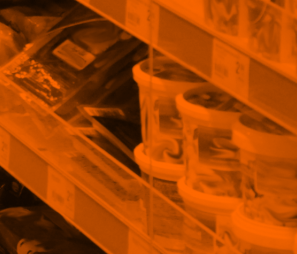In the food and drink manufacturing industry, hygiene is not just a best practice; it’s a non-negotiable imperative. Ensuring the safety and quality of products is paramount to protect consumer health and maintain the reputation of brands. In this blog post, we’ll delve into the crucial role of hygiene in food and drink manufacturing and the measures taken to guarantee the highest standards.
The Importance of Hygiene in Food and Drink Manufacturing
- Consumer Health: Hygiene breaches can lead to contamination and the spread of foodborne illnesses, posing severe risks to consumers’ health.
- Brand Reputation: A single hygiene-related incident can tarnish a brand’s reputation irreparably. Consumer trust is hard-earned but easily lost.
- Regulatory Compliance: Strict hygiene regulations and standards are enforced globally to ensure the safety and quality of food and drink products.
Key Aspects of Hygiene in Manufacturing:
- Facility Cleanliness: Manufacturing facilities must be kept immaculately clean to prevent cross-contamination. Regular cleaning schedules, sanitation stations, and strict protocols are essential.
- Personal Hygiene: Employees play a significant role in maintaining hygiene standards. Rigorous handwashing, wearing appropriate protective gear, and maintaining personal cleanliness are mandatory.
- Food Handling: Proper food handling practices, such as avoiding direct contact with ready-to-eat foods and maintaining proper storage temperatures, are critical.
- Equipment Maintenance: Machinery and equipment must be cleaned and sanitized regularly to prevent the buildup of bacteria or contaminants.
- Quality Control: Quality control measures include testing and inspecting raw materials, in-process products, and finished goods to ensure they meet hygiene and safety standards.
- Supply Chain Hygiene: Suppliers should adhere to stringent hygiene standards to prevent the introduction of contaminated ingredients into the manufacturing process.
HACCP: A Systematic Approach to Hygiene
Hazard Analysis and Critical Control Points (HACCP) is a systematic approach to identifying, evaluating, and controlling food safety hazards. It provides a structured framework to ensure hygiene and safety at every stage of the manufacturing process.
Technological Advancements in Hygiene:
- Automation: Automated systems reduce human contact with products, minimizing the risk of contamination.
- Sanitation Technologies: The use of advanced sanitation equipment, such as UV-C light and ozone treatment, can effectively eliminate pathogens.
- Data Analytics: Data-driven approaches help monitor and optimize hygiene practices, providing real-time insights and improving traceability.
In conclusion, hygiene in food and drink manufacturing is not a luxury; it’s a necessity. The industry’s commitment to strict hygiene protocols, advanced technologies, and rigorous quality control ensures that the products consumers enjoy are not only delicious but also safe. By safeguarding quality through impeccable hygiene standards, the food and drink manufacturing industry maintains the trust of consumers and continues to thrive.
Manufacturing & Engineering Magazine | The Home of Manufacturing Industry News















